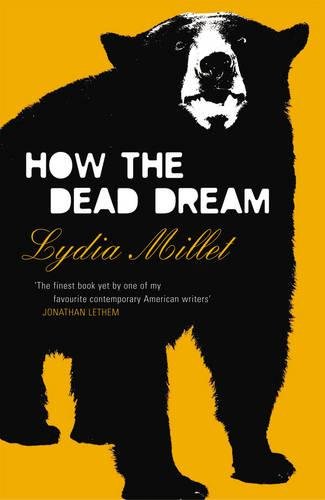
Materialistic protagonist T goes on a moral journey as he reassesses his priorities when his family fragments and he discovers human affection. A thought-provoking look at the inherent loneliness of the human condition and especially how the cynicism of capitalism blasts animals from their natural habitats. Poetic but discordant, the story invites the reader on a challenging existential trip with poignant universal questions.